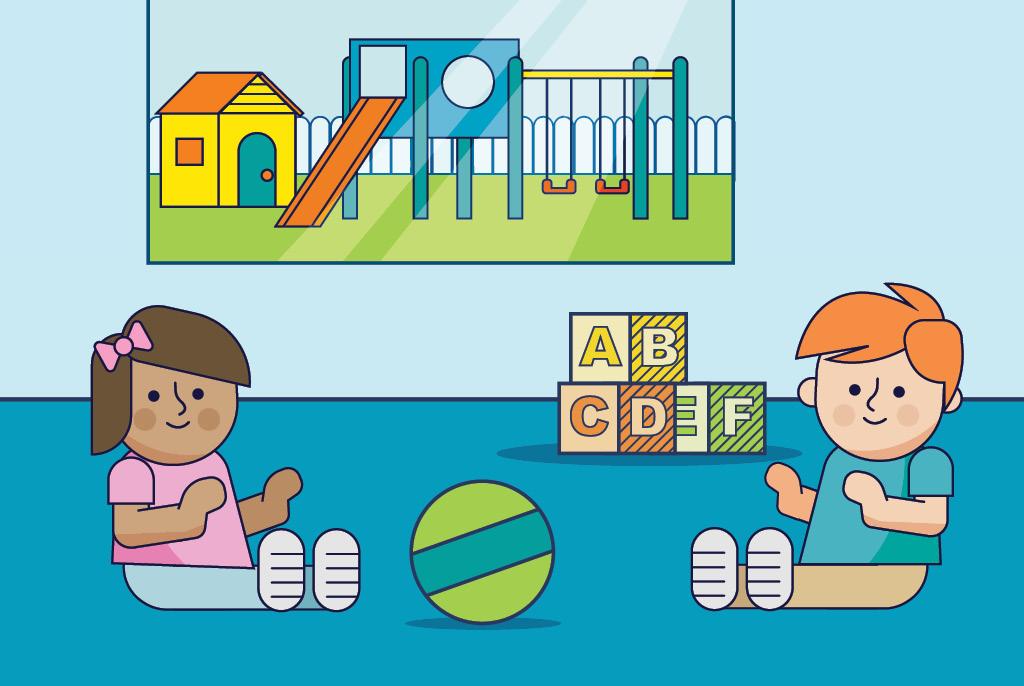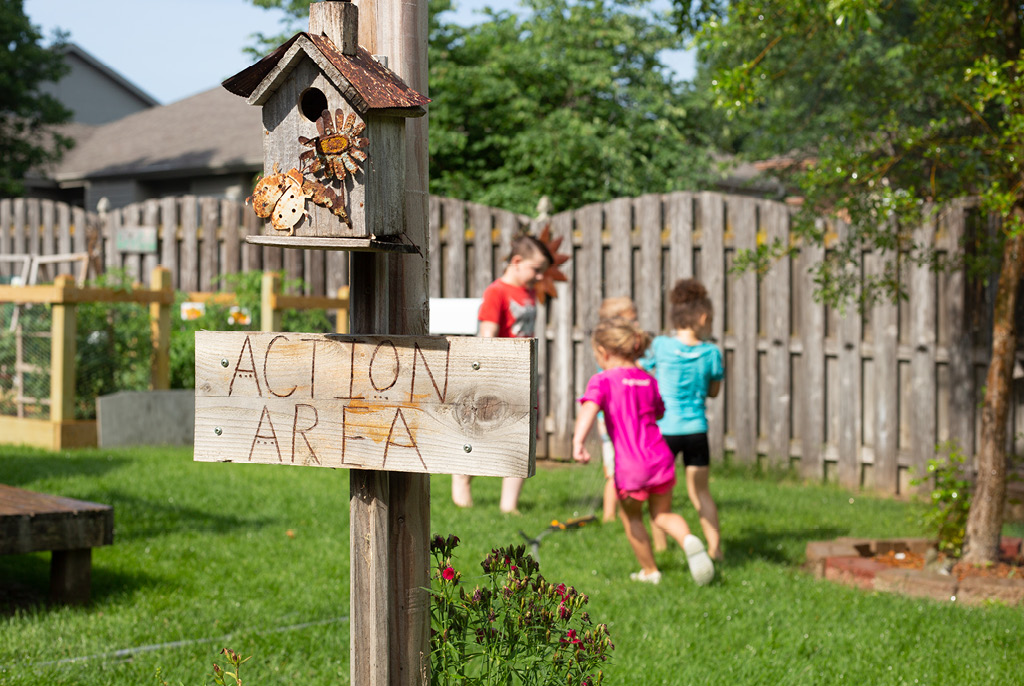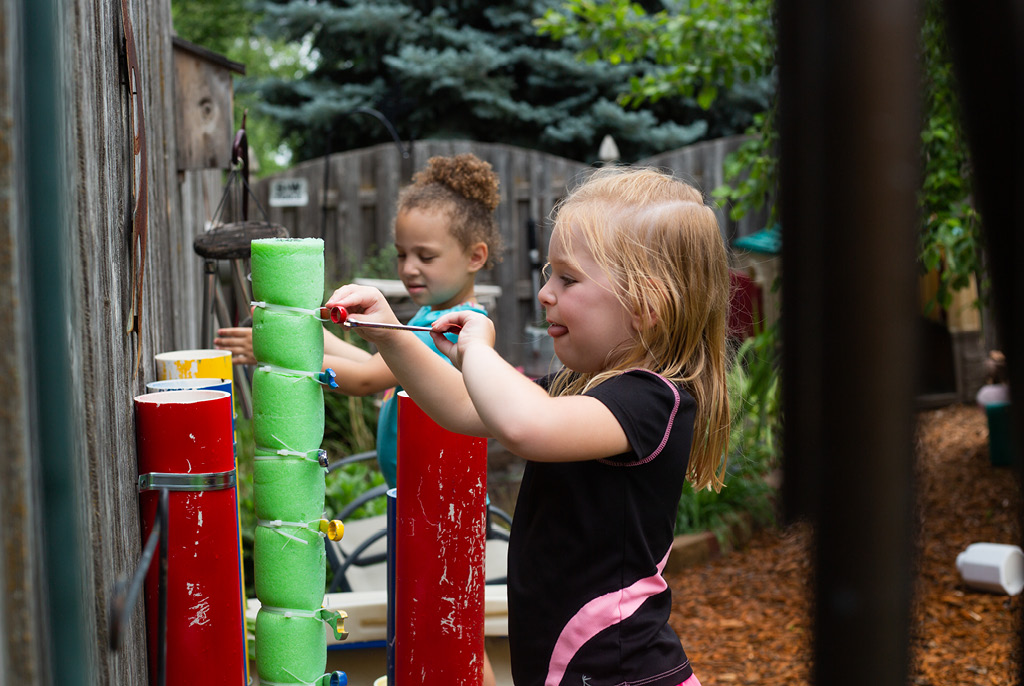
Step Up To Quality Stories
The Power of Play
There are some misconceptions about play distracting from learning. But play is an invaluable vessel for developing social skills, cultivating creativity and applying lessons. A reputable childcare provider will have a good understanding of the importance of play.
Why is play so important?
In early childhood education settings, learning and play have a symbiotic relationship. Play gives learning much-needed, rich context. It’s one of the most important ways young children gain essential knowledge and skills. According to the Journal of the American Academy of Pediatrics, play allows children to learn how to work in groups, to share, to negotiate, to resolve conflicts and to learn self-advocacy skills. High quality child care providers should create environments that encourage play, exploration and hands-on learning.

As a program through Nebraska’s Department of Education, Step Up to Quality educates and coaches a variety of child care programs, from home-based providers to public school preschools, who are committed to the very best standards in early childhood education. Each of the quality Nebraska providers has been taught how to implement meaningful play in their curriculum.
What defines meaningful play?
While play is many things, early childhood education experts have found indicators of meaningful play. According to UNICEF’s report on learning through play, meaningful play should enable children to take on an active role and ownership in their experiences as the leaders of their learning journeys. When searching for the right child care provider for your family, consider these facets of meaningful play:
Play is joyful
Children may face challenges during play, as good learning should, but the overall feeling should be one of motivation and thrill. Ask potential child care providers about activities they feel their children enjoy the most.
Play is actively engaging
Children should be engaged physically, mentally and verbally during play. Passive learning through screens or worksheets doesn’t stimulate childrens’ minds to grasp and retain new information as much. Ask potential child care providers if and how children have active involvement in the creation of their daily activities.
Play is iterative
Iteration in play doesn’t necessarily mean doing the same thing over and over. It’s important that play has a good mix of skills practice, exploration and challenges to instill deeper learning. Ask potential child care providers how their playtime structure allows for expanding play possibilities.
Play is socially interactive
By allowing children to socialize during play, they work on their social interaction skills. These skills are invaluable in developing abilities for powerful relationships, empathy and social understanding throughout the rest of their lives. Ask potential childcare providers about what activities allow collaboration between children during play.

The power of play should never be underestimated. It allows children to create ideas, explore worlds and master skills beyond the confines of traditional learning. If you’re searching for a child care provider who understands the value of play and diligently works to apply it to their care setting, check out Step Up to Quality’s providers search site.
